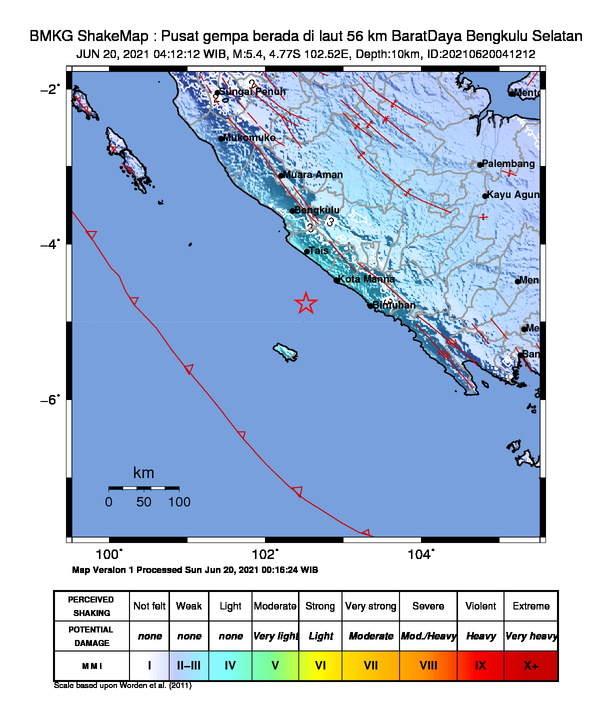By:
Prof. Dr. Dr. ABD. HALIM, SpPD, SH, MH, MMRS, Ph.D.
Portman College and Portman University – Malaysia–Chicago, USA
Introduction
Government Regulation (PP) No. 28 of 2024 introduces a new chapter in the governance of health professions in Indonesia. Article 707 of this regulation stipulates that:
1. The Collegium, in carrying out its duties, functions, and authorities, must coordinate with the Minister.
2. In the event that its implementation does not conform with the Minister’s policies, the Minister may adjust the Collegium’s duties, functions, and authorities.
This provision raises serious debate, as it directly intersects with the independence of the Collegium as mandated by Article 272 of the Health Law No. 17 of 2023. The fundamental question arises: is Article 707 of PP 28/2024 valid, or does it represent an overreach of authority by the Minister of Health?
The Collegium in the Perspective of the Health Law
The Health Law No. 17 of 2023, Article 272 affirms that:
• The Collegium is a complementary body of the Council,
• It is independent,
• It is tasked with formulating competency standards and educational curricula for medical and health professionals,
• Its membership consists of professors and experts,
• Further regulation is delegated to a Government Regulation.
The phrase “independent” is the key, as it implies that the Collegium must not be subordinated to government politics but should stand as a scientific-professional authority safeguarding academic and scientific standards. Such academic freedom aligns with the concept of professional self-regulation, which constitutes a pillar of governance in modern health care [1].
The Inconsistency Between the Regulation and the Law
Article 707 of PP 28/2024 negates such independence by granting the Minister authority to “adjust” the Collegium’s duties, functions, and powers.
This is problematic because:
1. The Law does not grant direct intervention authority. It only mandates coordination, not subordination.
2. The Regulation adds a new norm absent in the Law, thus potentially ultra vires.
3. Placing the Minister as the full controller of the Collegium erodes the scientific authority and academic freedom of the medical profession.
4. Literature demonstrates that health regulations undermining professional autonomy negatively affect the quality of medical services and public trust [2,3].
Constitutional and Administrative Law Analysis
From the perspective of legal hierarchy (lex superior derogat legi inferiori), a Government Regulation as a subordinate regulation cannot contradict or expand upon authority not provided in the Law.
• Health Law, Article 272 (2): The Collegium is independent.
• PP 28/2024, Article 707 (2): The Minister may adjust the Collegium’s duties, functions, and powers.
👉 This results in a normative contradiction. PP 28/2024 risks being declared void de jure or, at minimum, subject to judicial review at the Supreme Court.
In the context of the rule of law, this condition reflects potential administrative overreach and abuse of power [4].
Implications
1. Academic: The independence of the Collegium—composed of professors and experts—becomes eroded, making educational and competency standards more subject to bureaucratic policy than professional-academic necessity.
2. Legal: Opens the door for judicial review challenges, as it contradicts the Health Law.
3. Governance: Creates conflicts of interest, as the government becomes both the policymaker and the controller of professional standards.
Overly bureaucratic governance models have been shown to slow innovation and reduce adaptability in health systems [5].
Conclusion
Article 707 of PP 28/2024 is a manifestation of the overreaching power of the Minister of Health. This norm not only undermines the independence of the Collegium as guaranteed by Article 272 of the Health Law, but also risks violating the principles of statutory regulation.
To preserve the balance between professional authority and state authority, correction is necessary through judicial review mechanisms and policy advocacy. Thus, the Collegium can continue to function as an independent guardian of scientific standards, while the government serves as regulator and facilitator—not as intervener.
⸻
References
1. Freidson E. Professionalism: The Third Logic. University of Chicago Press; 2021.
2. Cruess RL, Johnston S, Cruess SR. Professional self-regulation: A current challenge. JAMA. 2020;323(6):601–2.
3. Blank RH. Policy and politics in health care and health reform. Health Policy. 2021;125(4):456–63.
4. Hadjon PM, et al. Pengantar Hukum Administrasi Indonesia. Gadjah Mada University Press; 2022.
5. Kickbusch I, Gleicher D. Governance for health in the 21st century. WHO Regional Office for Europe; 2021.

































.jpg)





0 Comments